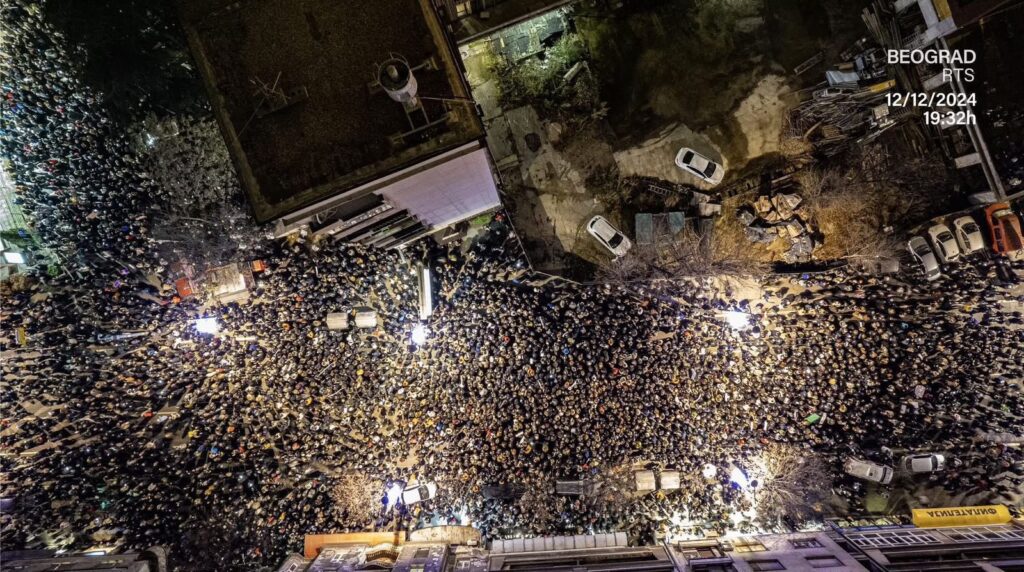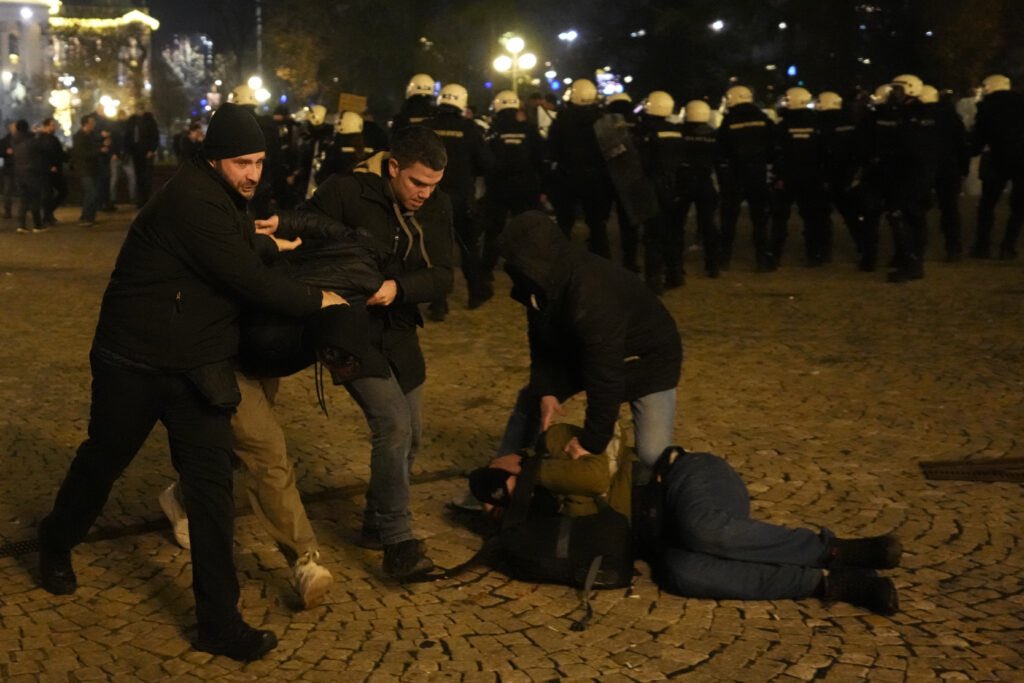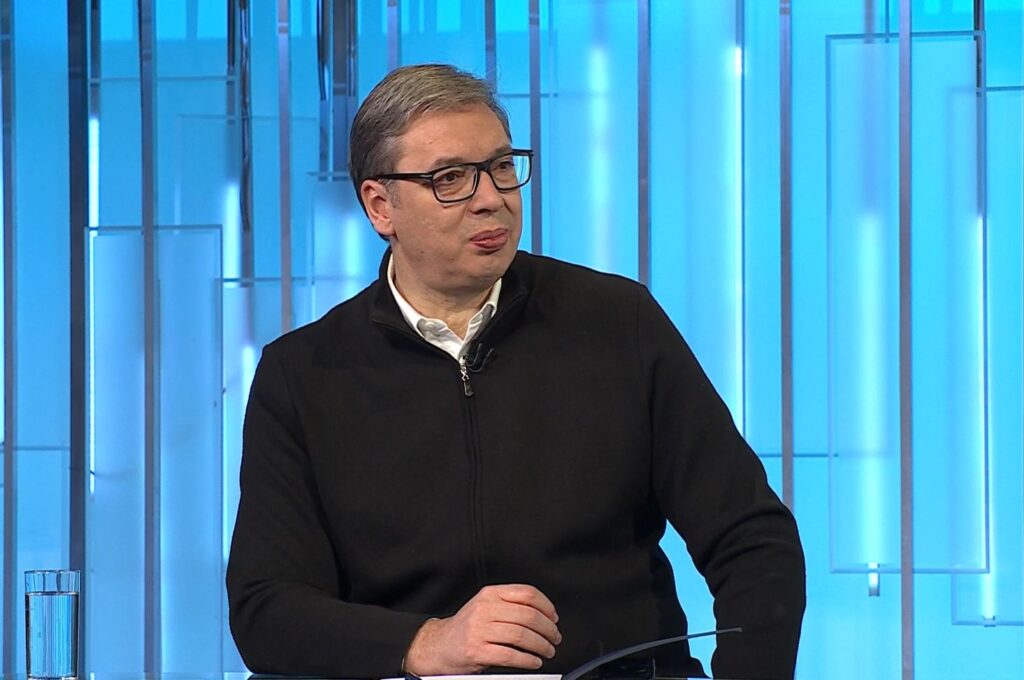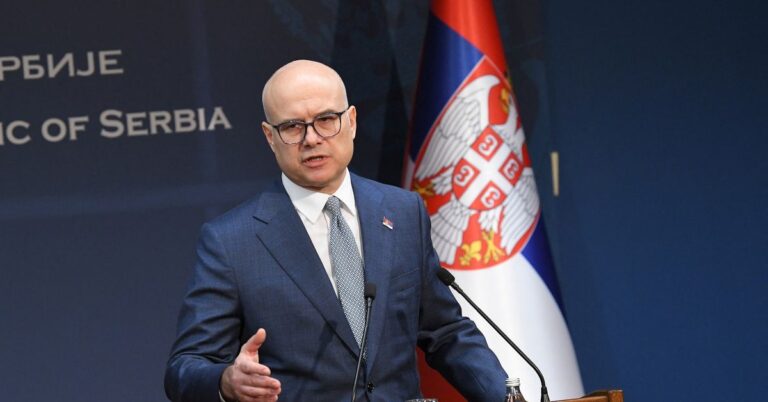Three months have passed since protests erupted in Serbia following the collapse of a train station that claimed 15 lives, including several children. Public outrage over the tragic loss of life quickly turned into mass demonstrations against President Aleksandar Vucic’s regime, with protesters accusing his administration of corruption, nepotism, and bearing “bloody hands.” Initially, Vucic appeared dismissive of the student-led protests, attempting to downplay the number of participants. He then sought to discredit the movement by infiltrating the crowds with individuals spreading nationalist and Nazi rhetoric, attempting to intimidate protesters and their families through so-called “informative talks” by BIA; there were cases when protesters even hitted by car, but none of them helped Vucic to intimidate students. According to media reports, at least twelve journalists and dozens of protesters were assaulted by the police or supporters of Vucic. The protests were not to be underestimated from the beginning, but this is what authoritarian leaders do, so it is also in Vucic’s nature to ignore everything that comes against him.

More on this story: The Cost of Corruption: Protests in Serbia and the Push for Change”
With no immediate alternative to defuse the crisis, Vucic made the strategic decision to sacrifice Prime Minister Milos Vucevic in an attempt to preserve his own position. The resignation was not announced by Vucevic himself but rather by Vucic, who appeared alongside Speaker of the Assembly Ana Brnabic and the prime minister at a press conference. Vucic framed the resignation as the beginning of a government reshuffle, promising that approximately 50% of the administration would change. However, this move was met with skepticism. However, this move was surprising, as the protesters had demanded Vucic’s resignation, not Vucevic’s. By offering up Vucevic, the Serbian president appears to be playing a calculated game, using resignations and government restructuring as a strategy to ease public pressure while buying himself more time.
Vucevic’s resignation marks the most significant political resignation in Serbia since 1993, but will it be enough to placate the protesters? The answer appears to be no. Demonstrators have continued their 24-hour blockade of the main junction that connects Belgrade’s highway to Hungary, Croatia, Kosovo, North Macedonia, and Bulgaria. Following the prime minister’s resignation, they warned of further blockades in the upcoming days until their demands are met. Serbian students have intensified their protests, embarking on an 80-kilometer march to Novi Sad, the site of the tragic train station collapse. Additionally, various labor unions, teachers, taxi drivers and farmers have now joined the demonstrations, further amplifying public dissent.
One of the protesters’ primary demands is the full disclosure of all documents related to the reconstruction of the Novi Sad train station, where the disaster occurred. While some documents have been released, revealing extensive corruption, students remain unsatisfied, particularly as many of them have faced persecution during the protests. Their demands go beyond transparency. They seek an end to corruption, the establishment of the rule of law, prosecution of those responsible for attacks on protesters, increased funding for education, and, most critically, Vucic’s resignation as president.
The protests have also sparked hopes for a new generation of politicians, signaling a shift in Serbian society’s political landscape. However, the prospect of early elections remains uncertain, as past elections have been marred by allegations of vote manipulation orchestrated by Vucic’s party. Under these conditions, the opposition is likely to boycott any new elections, instead advocating for an inclusive transitional government to ensure free and democratic elections. Given the current situation, Vucic’s political survival remains uncertain. While he enjoys significant support both domestically and internationally, the lack of any meaningful international response to the crisis raises further questions about Serbia’s political future.

More on this story: Anti-government protest in Belgrade: Moscow’s planned influence operation?

More on this story: After the referendum rejection, Vucic will try constitutional changes




